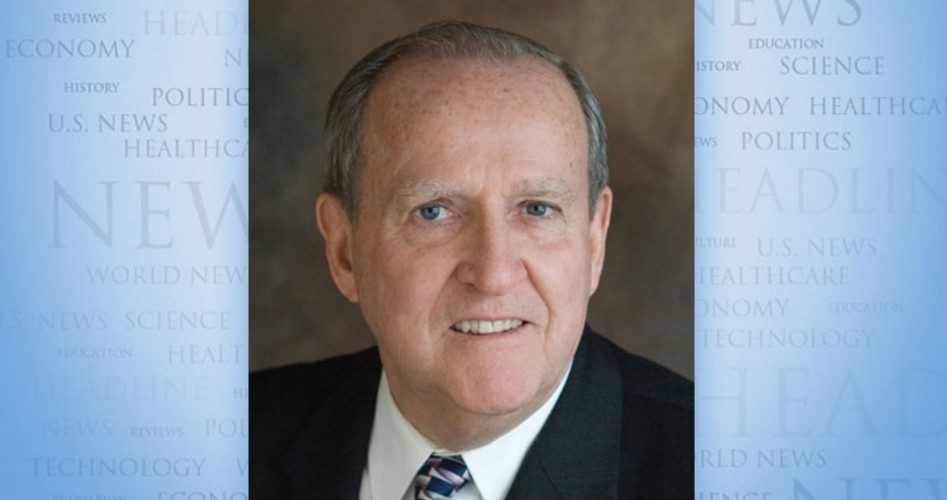
The fate of approximately five million illegal immigrants rides on a matter now in the hands of the Supreme Court. On April 18, the court entertained hearings on whether these immigrants will be deported or allowed to remain in the United States. A decision is expected in a few months.
More than a year ago, President Obama sought to use an executive order to cancel congressional action calling for deportation of these illegal entrants. In effect, he wanted to grant them amnesty. Federal Judge Andrew Hanen blocked implementation of the Obama order and a federal district court later upheld his ruling. The Obama administration appealed that court’s ruling all the way to the Supreme Court.
Led by Texas, a total of 26 state governments have sought relief from the costs incurred by the flood of immigrants, including the five million in question. Their issue dwells on expenses incurred by the immigrants such as the issuance of drivers licenses. But the greater issue here is the use of executive orders by a president in order to circumvent existing law, or even to establish law without it having first been created by Congress.
Interestingly, President Obama has provided totally conflicting views on the topic of executive orders. In January 2014, he threatened to make law via his executive order by declaring:
We’re not just going to be waiting for legislation in order to make sure that we’re providing Americans the kind of help they need. I’ve got a pen, and I’ve got a phone. And I can use that pen to sign executive orders and take executive actions and administrative actions that move the ball forward.
As recounted by David Remnick in New Yorker magazine, Mr. Obama had earlier provided a completely opposite view during a fund-raising appearance at the Betty Ann Ong Chinese Recreation Center in California. Urged by some in his audience to rely on the executive order route, the president objected and stated:
If, in fact, I could solve all these problems without passing laws in Congress, then I would do so, but we’re also a nation of laws. I’m actually going to pause on this issue, because a lot of people have been saying this lately on every problem, which is just, “Sign an executive order and we can pretty much do anything and basically nullify Congress.” [But] that’s not how it works. We’ve got this Constitution; we’ve got this whole thing about separation of powers. So there is no shortcut to politics, and there’s no shortcut to democracy.
Not the first president who has employed executive orders to circumvent the sole power of Congress to make law, Obama might be the first to explain very clearly how wrong such a practice truly is. This nation does indeed have a Constitution that should be obeyed.
Currently, because of the death of Justice Scalia, the Supreme Court has only eight justices. Should there be a 4 to 4 split, the district court’s previous ruling against the president’s use of an executive order will stand. President Obama’s action would, in effect, be deemed an illegal act and deportation action could proceed.
Which Obama position regarding executive orders will prevail? The odds seem to favor rejection of their use. For a change, the president’s grasp for power may be thwarted. Now, do your part and tell Congress to oppose all Executive and Congressional amnesties.
John F. McManus is president emeritus of The John Birch Society. This column appeared originally at the insideJBS blog and is reprinted here with permission.



